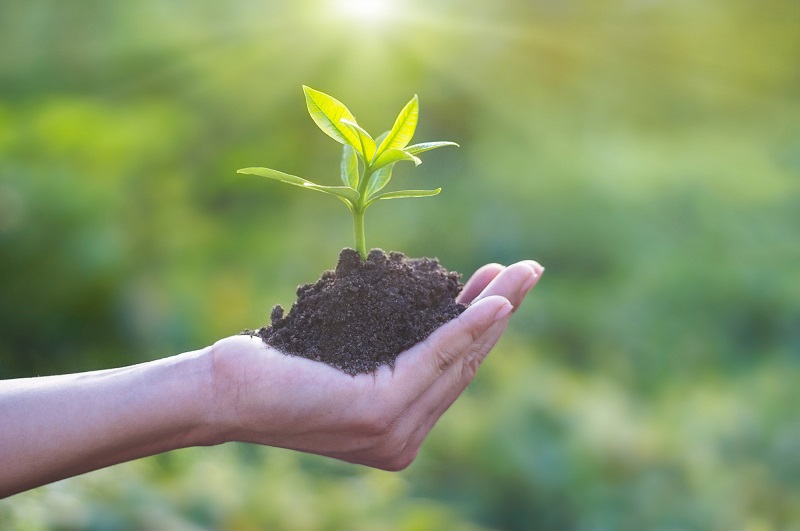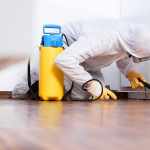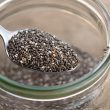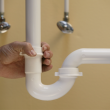When it comes to caring for the environment, you probably think of a few basic things: recycling, reducing household waste, and cutting down on carbon emissions.
But there’s one vital part of environmentalism that often gets looked over, and that’s chemical spills. How we dispose of hazardous waste has a big impact on the planet.
Let’s breakdown the environmental impact of these so you can be more knowledgeable about the subject. The more people that know about it, the more we can prevent them from happening and destroying our planet.
Table of Contents
Types of Chemical Spills
Let’s start with the basics. These can range in size and danger. The biggest threat of a such spill is exposure to harmful contaminants.
An example of a small chemical spill is one that happens in a lab that can be safely cleaned up and disposed of with the proper supplies. Only experts should deal with chemical spill clean-ups.
Significant damage can still occur from small spills, so incidents should always be reported.
A large chemical spill happens when more than one liter of highly toxic or flammable chemicals is spilled, and they require emergency response.
Chemical Spills and Water Pollution
The first major negative environmental impact of this is water pollution.
Chemical spills can pollute both our groundwater and surface water. Groundwater is below the surface of the earth. It’s used for drinking water for humans and animals, and it’s also used to irrigate crops and fill swimming pools.
When groundwater becomes too polluted from this, it can’t be used anymore.
Surface water comes from our streams, reservoirs, and rivers. We also use it for drinking water and crop irrigation, and it’s an important part of animal habitats. Surface water is our biggest water supply, so when it becomes too polluted from chemicals spills, it also can’t be used anymore.
Polluted water, whether it’s groundwater or surface water, can make people sick. If a chemical spill happens in a waterway, it’s important to use professional Riverside hazardous waste disposal.
Chemicals Spills and Wildlife
Next, chemical spills can harm vital wildlife. Releasing oil and chemicals into waterways kills sea animals, destroys habitats, and disrupts the entire underwater ecosystem.
Animals who live close to the surface of the water, like sea otters and seabirds, are usually harmed the most from chemical spills.
For instance, cooking oil that was accidentally spilled in Seattle harmed dozens of ducks and geese. The oiled birds were treated at the PAWS Wildlife center, where they had to be washed and rinsed multiple times before they could reenter their habitat.
Chemical Spills and Air Pollution
Large number of this can also pollute the air and damage air quality. The toxic fumes make it hard to breathe and can irritate the throat, lungs, nose, and eyes.
Long-term exposure to chemically-polluted air can cause more serious issues, including cancer. The people most at risk are those in charge of cleaning up chemical spills, which is why air monitoring systems have to be set up at cleanup sites.
The Economy with it
Another huge negative impact of it is how it affects the economy in coastal communities. Spills drive away tourists and threaten businesses. Oil spills are extremely deadly for fish and they can cause fisheries to shut down completely.
When the economy doesn’t thrive, people don’t thrive. Ultimately, this negatively impacts the environment too.
More Dangers of Chemical Spills
When hazardous chemicals like oil are spilled, they coat everything they touch. They’re extremely dangerous to plants and cling to every grain of sand they reach.
Significant chemical spills can make it impossible for fauna and flora to grow in that area ever again. When habitats are disrupted by chemical spills, the entire global food chain becomes affected.
Even animals that don’t live on the surface of the water can be impacted by chemical spills.
For instance, turtles live in the sea but come to the shore to nest. If they encounter toxic chemicals, it can harm them and their eggs. Their fragile eggs may be so damaged that they don’t properly develop.
Humans can also be very harmed by this products. For instance, chemical spills at industrial factories have been deadly in the past.
How Do Chemical Spills Happen?
Chemicals spills are usually accidents, and they are bound to happen even with safety measures and proper chemical storage in place. They usually occur when equipment breaks down. However, they can also be a result of a natural disaster or simply carelessness.
Preventing Chemical Spills
Hazardous chemicals always need to be stored in proper containers to protect the planet and humans from it. They should only be handled by professionals who have gone through extensive training on handling serious chemicals.
The Environmental Impact of Chemical Spills
As you can see, chemical spills have far-reaching consequences. They are not only terrible for the environment, but they also impact human health and the health of our entire ecosystem.
Chemical spills are deadly for animals, threaten our water supplies, and cause air pollution.
We may not be able to avoid all these spills, but we should be aware of how they impact the environment. They should always be handled by professionals so that the damage is as minimal as possible.
When it comes to protecting the planet, avoiding such spills at all costs should be a top priority. To learn more about environmentalism, check out the rest of the blog.

















